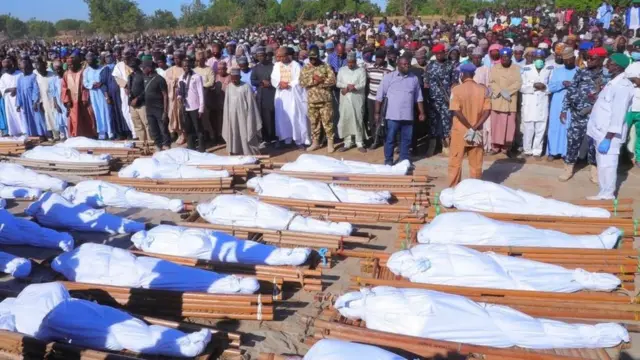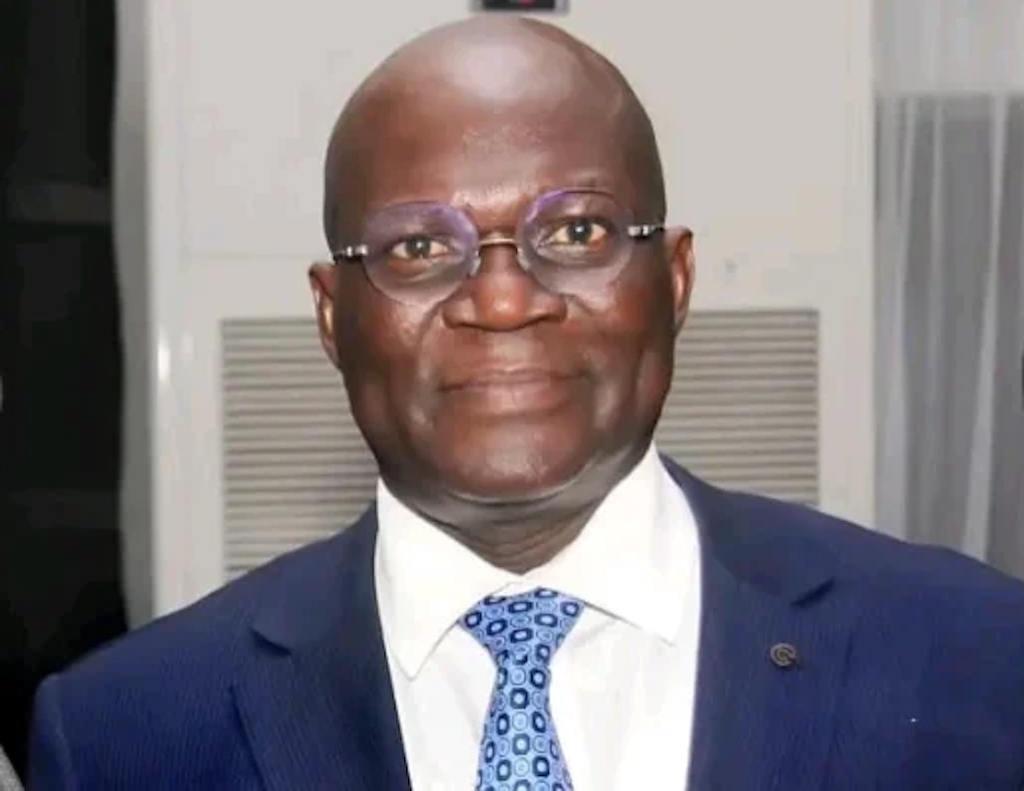Prof Lawrence ETIM
The debate over Nigeria’s unending wave of insecurity raises a veritable moral and political question: Which is worse – the loss of lives or the loss of sovereignty?
For more than a decade, Nigeria has groaned under the weight of terrorism and banditry, unprovoked killings and wanton masacres. From Boko Haram insurgents to armed bandits and violent herdsmen, the blood of innocent citizens has been shed across the nation. Some insist that Christians are specifically targeted in these atrocities, while others argue that the violence is indiscriminate – stochastic in nature – claiming both Christian and Muslim lives alike.
Successive Nigerian governments have tried, albeit unsuccessfully, to halt this senseless carnage. The killings persist, and internally displaced persons (IDP) camps continue to swell with victims – ordinary Nigerians whose only crime is being caught in a country where life has become perilously cheap.
A couple of days ago, the Trump Administration in the United States expressed willingness to assist Nigeria in combating this terrorism. That proposal, however, split public opinion sharply. One camp argued passionately that any help capable of stopping the killings should be welcomed – after all, human life is irreplaceable. They reasoned that it is better to be alive in a sovereign state assisted by allies than to perish in a supposedly “independent” nation incapable of protecting its citizens.
The opposing camp took a different stance. To them, foreign military involvement – especially by a superpower like the United States – could erode Nigeria’s sovereignty, compromise national security, and make the nation beholden to external interests. They warned that no country gives military assistance without extracting a strategic price, and that such dependence could reduce Nigeria to a puppet on the global stage.
Yet, this brings us back to the central moral dilemma: *Of what use is sovereignty when the citizens it is meant to protect are being massacred daily?* A nation’s sovereignty derives its legitimacy from the safety and welfare of its people. When the state fails in that duty, sovereignty becomes a hollow symbol – a flag fluttering over graves.
Therefore, before rejecting external help in the name of sovereignty, Nigeria must ask herself a hard question: *what is the meaning of sovereignty in a land where lives are lost with impunity?*
In the end, *sovereignty without life is meaningless.* True sovereignty resides not in the power of the state, but in the survival, dignity, and security of its people.
Prof ETIM writes from Uyo





